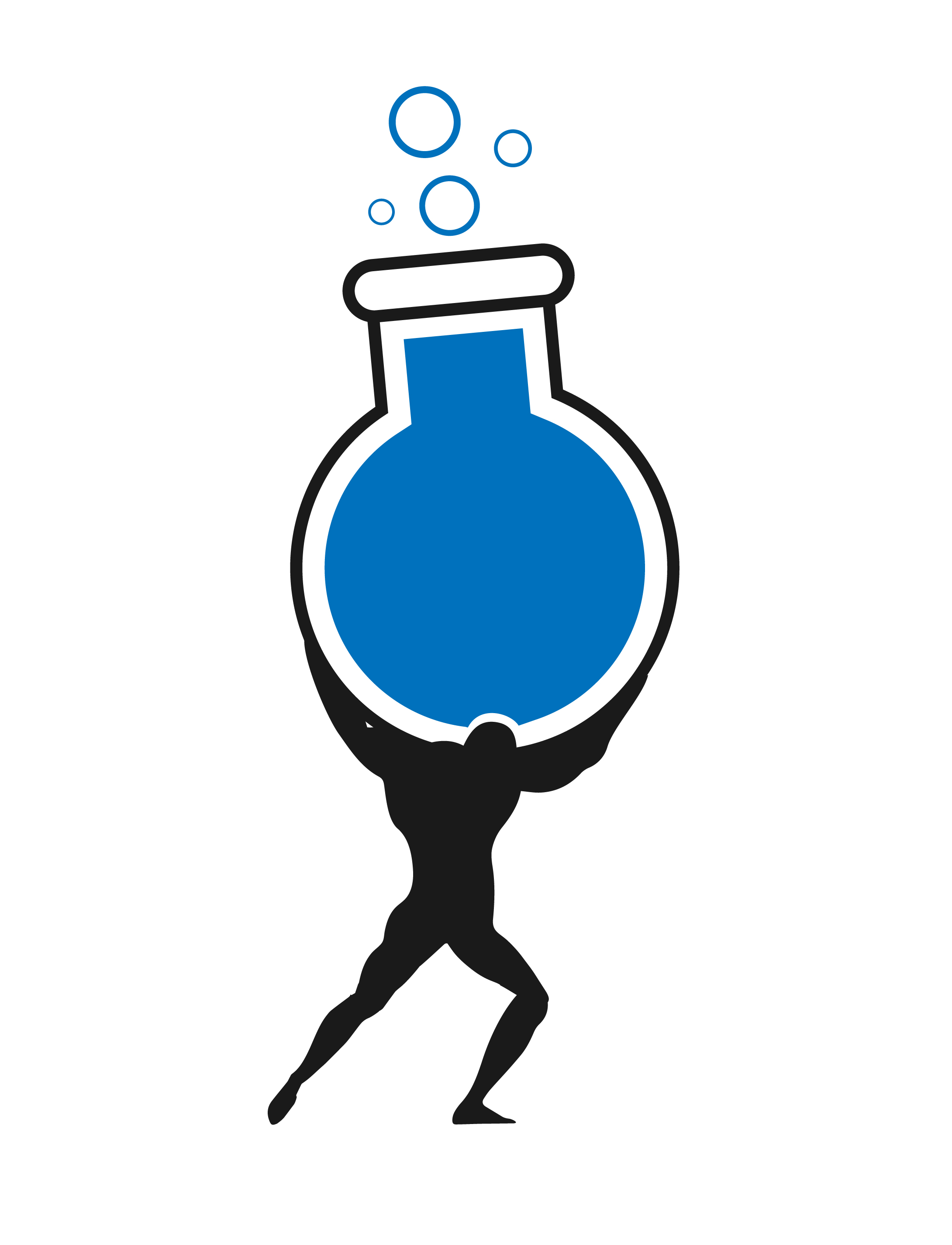
Debunking the Myth: Why Fasting Has Minimal Impact on Testosterone Levels
- thestrengthlab732

- Jan 9, 2025
- 2 min read
Intermittent fasting (IF) has gained popularity for its potential health benefits, including weight loss and improved metabolic health. However, its impact on testosterone levels remains a topic of interest and debate. Current research suggests that IF does not significantly increase testosterone levels; in some cases, it may even lead to a reduction.
Research Findings on Fasting and Testosterone Levels
• Reduction in Testosterone Levels: A study published in Nutrients found that intermittent fasting decreased androgen markers, including testosterone and the free androgen index, in premenopausal females with obesity. In men, particularly lean, physically active young males, intermittent fasting reduced testosterone levels without affecting sex hormone-binding globulin (SHBG) concentrations. Notably, these reductions did not negatively impact muscle mass or strength.
• Short-Term Fasting Effects: Research from the Journal of Clinical Endocrinology & Metabolism indicated that during short-term fasting in obese men, serum testosterone concentrations significantly decreased by the ninth day of fasting. This suggests that even brief periods of fasting can influence testosterone levels.
• Time-Restricted Feeding (TRF) Studies: A study in Journal of Translational Medicine examined the effects of an eight-week time-restricted feeding regimen (16 hours fasting, 8 hours feeding) combined with resistance training. While participants maintained muscle mass and reduced body fat, the study did not report significant increases in testosterone levels, indicating that TRF may not enhance testosterone.
Considerations and Implications
The relationship between intermittent fasting and testosterone levels appears to be complex and influenced by factors such as duration of fasting, individual body composition, and overall health status. While some studies report reductions in testosterone during fasting periods, these decreases do not necessarily translate to adverse effects on muscle mass or strength.
It’s also important to note that the long-term effects of intermittent fasting on testosterone levels are not well-documented, and more extensive research is needed to draw definitive conclusions.
Conclusion
Based on current evidence, intermittent fasting does not appear to significantly increase testosterone levels and may, in certain contexts, lead to reductions. Individuals considering intermittent fasting, especially those concerned about hormone levels, should consult healthcare professionals to tailor dietary practices to their specific health goals and needs.
Sources:





Comments